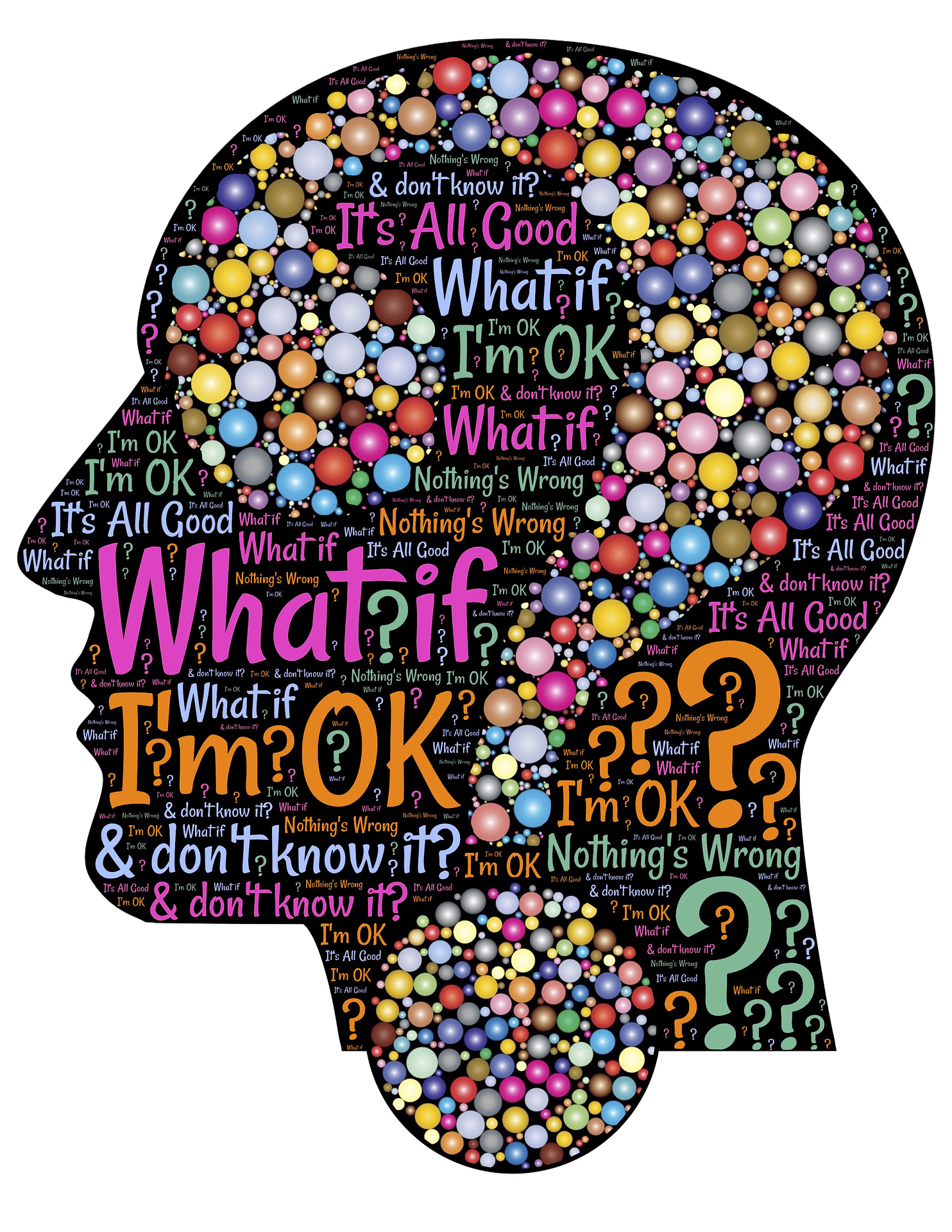Options for Ungrading: Self Evaluation

Students will not automatically know how to evaluate themselves, though as veterans of grades-based educational systems they often have a highly refined sense of what ‘A’ work compared to ‘B’ work or ‘C’ work looks like.
Building from this starting point, help students learn to move from talking about their performance (what an A looks like) to talking about their learning: what did they figure out? What obstacles did they overcome? What remains challenging that they want to keep working on? What can they now do that they couldn’t do before?
These questions are only some of what students can ask themselves to reflect on and evaluate their learning, but more important than the questions is having the students engage them repeatedly over the semester. Particularly by the end of the semester, students having their own language for describing and judging their own learning makes self-evaluation much more effective and even enjoyable, as students have learned to articulate their thoughts about their own learning.
While students can certainly learn to do this in writing, they can also learn in other modalities, including audio/video recordings and conversation. My personal preference has been to ask for brief written self-evaluations on assignments as they’re submitted, with a mid-semester conversation with each student and a finals week “exit interview” in which we discuss the student’s work across the entire course, and (I warn them ahead of time) at the end of the conversation, the student assigns the grade, which I dutifully enter on the registrar’s electronic grade sheet.